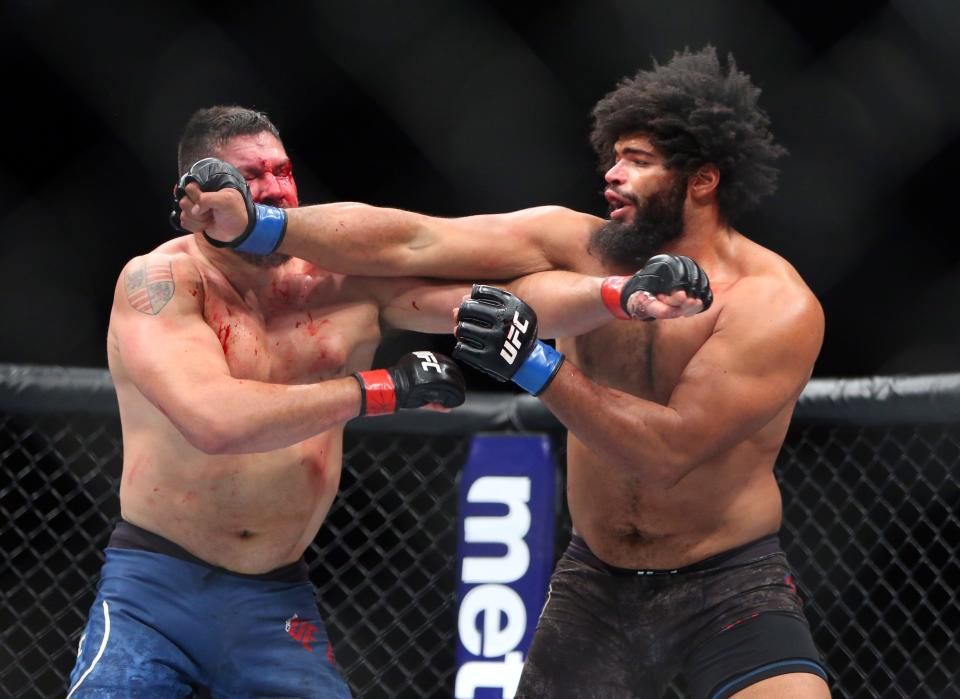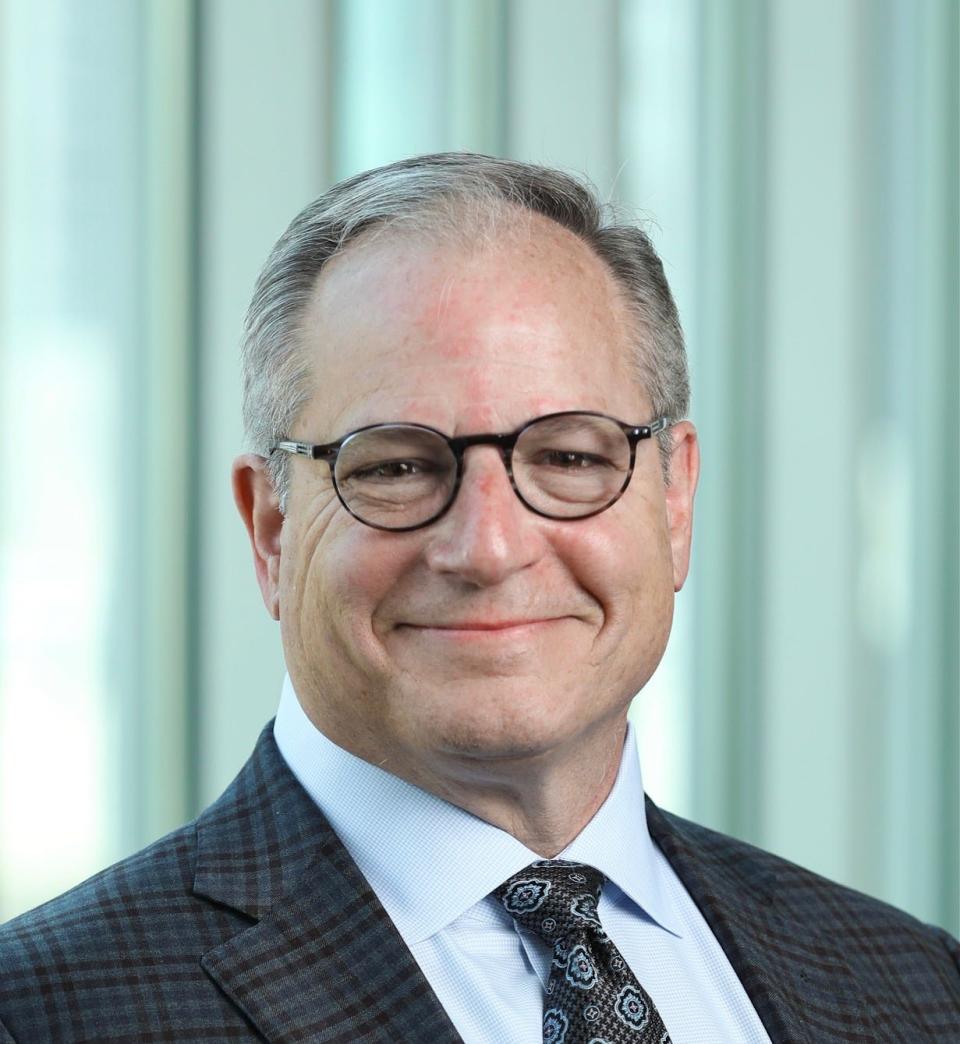Debates should be a pickup game not a bloody fight. Censorship, not disagreement the problem
New Albany resident Philip Derrow is a retired business owner. He was a two-term member of the New Albany-Plain Local Board of Education.
A Prussian general called war “the continuation of politics with other means.”
The brutality of those other means is often the result of failure of civil institutions to teach, model, and uphold — without censorship or exception — the skills necessary to resolve differences with words instead. It isn’t always comfortable, but vigorous debate and sometimes brutal honesty are a far better solution.

In our polarized world, the notion of routine civil debate seems dated, even quaint. Yet civility doesn’t mean we can’t passionately disagree. It starts by being willing to see both the topics of disagreement and those with whom we disagree as worthy of honest dialogue.
When people ask why I’m comfortable having policy conversations many find uncomfortable, I tell them that I grew up in a family where argument was sport.
It wasn’t like the bloody, punch-in-the-face sport of MMA but more like the backyard pick-up game where you played to win but were still family and friends afterward.
The rules of our dinner debates were simple: no topics were off limits, you had better be prepared to support your opinion, and no personal attacks allowed.

As the youngest of five, I learned early that if I wanted to play the family sport, I had to be willing to take the pushback from four more practiced older siblings and parents who only intervened to prevent bodily harm or to call foul for beliefs masquerading as evidence. Facts mattered. They still do.
Contrast my family rules with the censorship, redefining of words to mean their opposite, and fear of speaking the wrong words today that would even surprise George Orwell. My family understands — as most families do — words aren’t violence.
A student's remedy: Civility in a polarized world
Those who insist otherwise only do so to shut down debate because they know their views can’t stand up to it.
Nowhere is the problem worse than in institutions like news media, schools, and universities. These places, previously suited to separate fact from fiction, challenge views, and open minds have instead become ideologically monotonous and insular.
I grew up in Berwick, a diverse middle class suburb just south of Bexley. I graduated from Ohio State. I love that I can go almost anywhere in the world, shout O-H in a crowd, and someone will immediately shout back I-O. They don’t ask my politics first. My wife is from Youngstown, which means that while she’s as kind as anyone you’ll meet, you don’t want to mistake that for weakness.
You don’t mess with Youngstown. She’s tough. We talked politics and religion on our first date. We didn’t agree on everything. Nobody died. We’ll be happily married 29 years next month. I’ll take our Midwestern values of tolerance, toughness, and kindness over those of our self-anointed language and culture czars any day.
I thought those values would be enduring. But they’re at risk. Despite my commitment to live those values, I’ve let my passions get the best of me too and have learned to better manage them. I see those same risks even more strongly in our country overall and I’m both worried and hopeful for our future.
Hope is not a strategy.
My strategy is simple: rekindle the willingness to seek resolution to uncomfortable disagreements and help others build the skills necessary to have productive discussions.
My wife, daughter, and I sponsor programming to foster civil discourse through the New Albany Community Foundation Lecture Series, funding to restart the middle and high school debate teams in our school district, and through the Center for Ethics and Human Values at Ohio State.
While the failure of civil debate poses great risks, my hope is buoyed by the history of our nation’s success in finding political solutions to the justified unrest of the Civil Rights Era in the 1960s.
But we won’t find those solutions today if we’re not free to debate without censorship either by government or self-imposed for fear of someone taking offense. Facts matter. Facts matter even when — if not especially when — some are offended by them. Ideological diversity is a fact ignored or shunned at our peril. Disagreement, discussion, and debate are democracy’s family sports. Let’s play.
New Albany resident Philip Derrow is a retired business owner. He was a two-term member of the New Albany-Plain Local Board of Education,
This article originally appeared on The Columbus Dispatch: Debate without censorship or violence the way to find solutions

